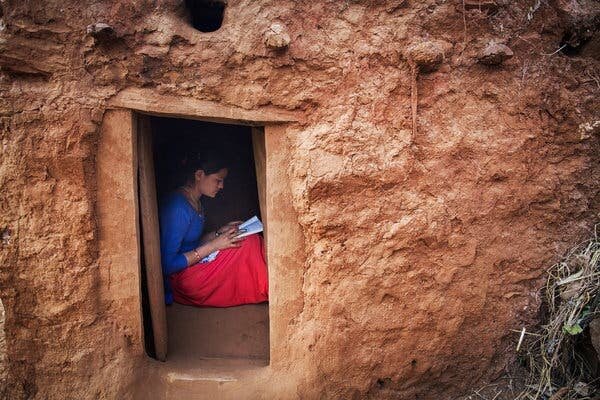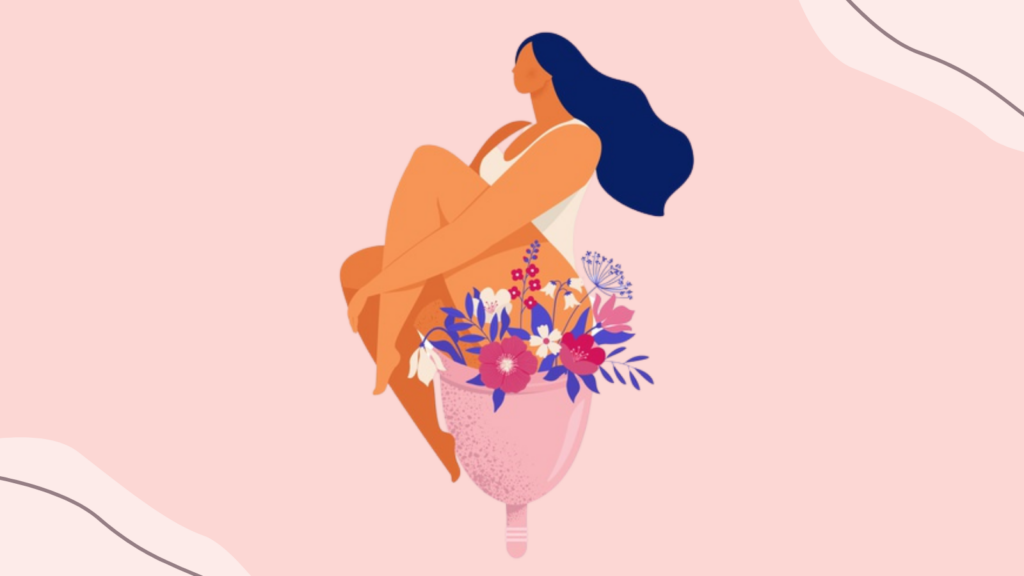We are celebrating environmenstrual week and we are inviting all individuals, groups and community to take part in conversation about periods and dignity.
From period poverty to period dignity. ChangeMakr Asia is dedicating this post to amplify the messaging about healthy, eco-friendly periods for people, periods and the planet. This is the week for everybody, whether you have period or not.
Period Poverty
At least 800 million people menstruate per day. Access to sanitary products that safe, healthy, as well as the right to manage menstruation without shame or stigma, is essential for anyone who menstruates. But for too many, that’s not the reality. Menstruation is still stigmatised in many part of the world.
Period poverty is a global problem. Indeed, 1 in 4 menstruating individuals, have struggled to afford period products in the last year due to lack of income. Period poverty is complex. Period poverty doesn’t just affect homeless individuals, but also school girls in many part of the world. In some cases, they have limited access, leading to prolonged use of the same tampons or pads, which can cause infection.
Around the world, consequences of period poverty can include :
- Girls often miss one or more days to school during periods, which negatively impacts their education. Periods are a natural process and a part of nearly every girl’s life. But without access to toilets or sanitary products at school, many girls are missing out on their education – and putting their lives on hold, as they have little choice but to stay at home. The loss of education can mean girls are more likely to be forced into child marriage.
- Menstruators’ health may be put at risk, as they are forced to use dirty rags which can lead to infection. Risks can be greater if the women or girls has undergone female genital mutilation (FGM)
- Due to community stigma women and girls may feel persistent shame and fear during periods. in some cases, even face social sanctions (example : chhaupadi in Nepal)
Lack of access to healthy and hygienic period products often means a lack of confidence and opportunity. Promoting period dignity is key to supporting women and young girls.

Period Dignity .
All human beings are born free and equal in dignity and rights. Menstrual hygiene is a basic human right given that 800 million people menstruate every day. Lack of access to menstrual sanitary products not only hinders the individual from reaching full potential in their day to day life but also causes health risks like urinary tract and reproductive tract infections.
What You Can Do To help
A Person financial status shouldn’t determine whether or not he/she are able to manage their period with dignity. We believe that, by changing perceptions, we can tackle some of the wider issues around periods.
Here are few simple ideas you can do, regardless whether you have period or not :
1. No taboo. It’s natural.
Change the attitude towards periods & normalise menstruation. Just like other biological process, periods should not be embarrassing for anyone. Encourage yourself, daughters, sisters, sons, brothers, friends to talk about it without shame.
2. Get the conversation going, especially about period poverty.
Being able to choose healthy, comfortable and eco-friendly period products can come at a cost and so isn’t always available to everyone.
3. Check and ensure that places of education and workplace provide sanitary/menstrual products readily available in their toilets for students and employees.
We want this to be the norm so that young women’s education does not suffer
We want this to be the norm so that young women’s education does not suffer
4. Support period poverty campaign groups.
Women and young girls should have access to these vital products. Nobody should face period poverty. If company make soap and paper towels available, why not have sanitary/period products as well ?
Women and young girls should have access to these vital products. Nobody should face period poverty. If company make soap and paper towels available, why not have sanitary/period products as well ?
5. Support and purchase sanitary products that also help end period poverty.
Support business that also fighting to end the injustice of period poverty.
Menstruation matters. This environmenstrual week, share a better period.
Also Read :
Hey! Since you are here, are you ready to get involved and join a revolution for healthy, eco-friendly period products for all ? Check out our quick guide here



